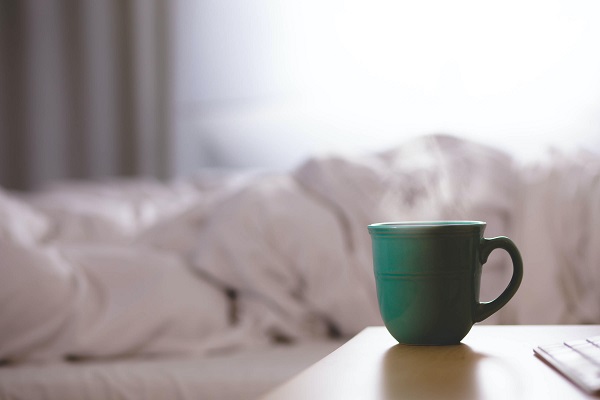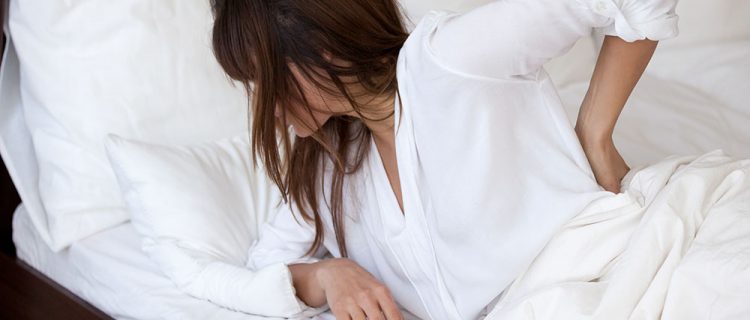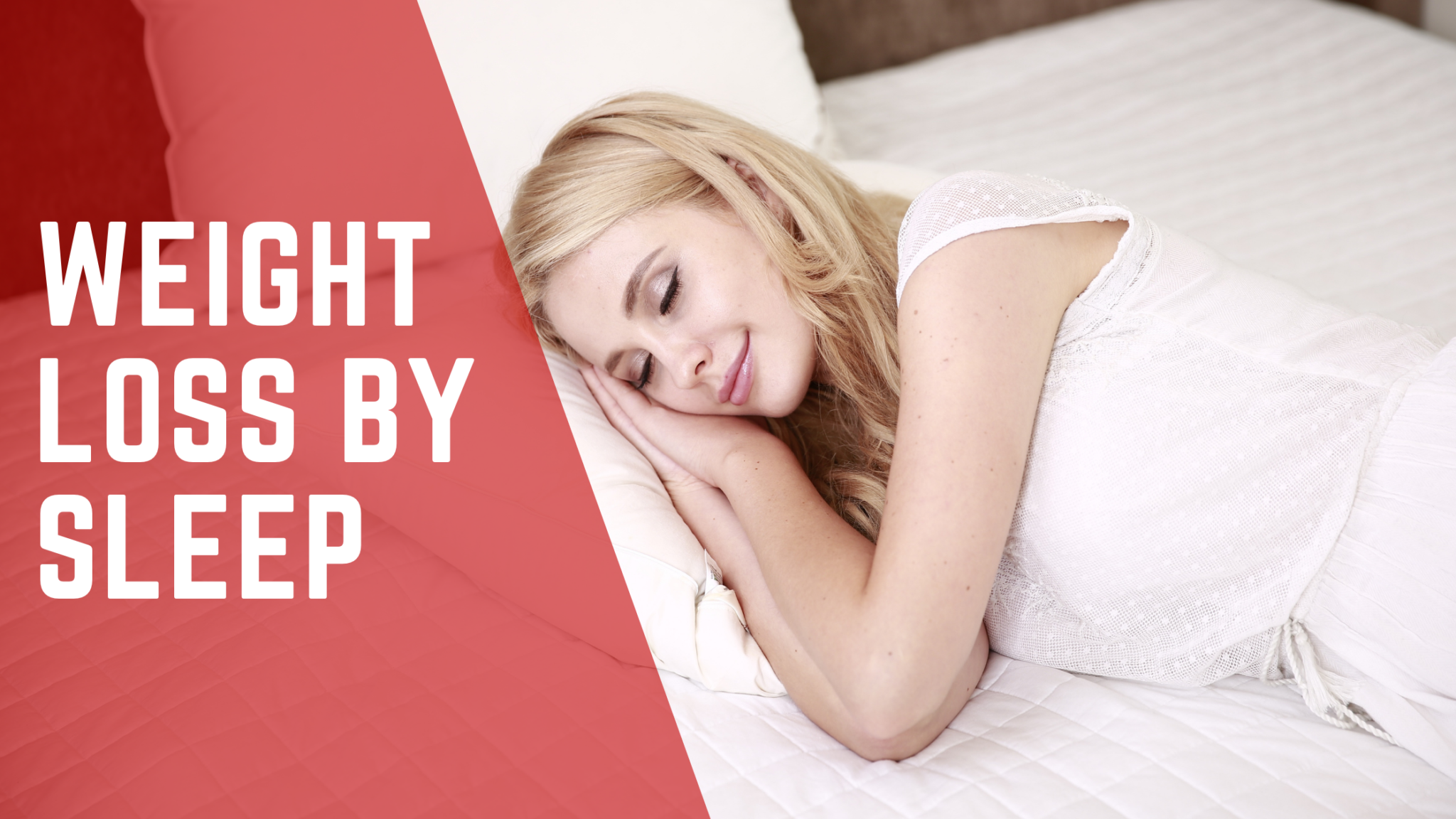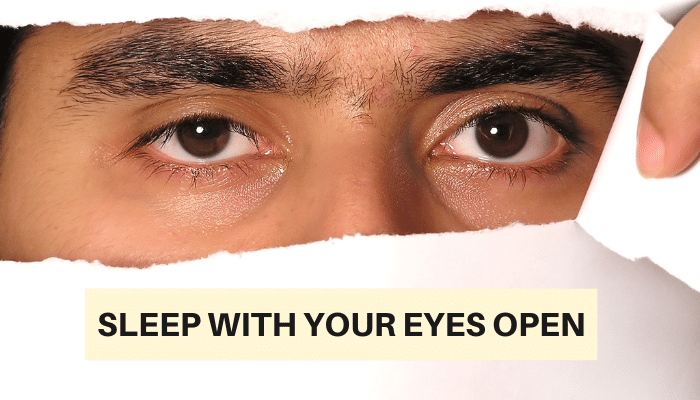Can You Take Travel Pillow on Plane? Unlock Comfort on Your Flight

Can you take travel pillow on plane? Yes, you can take a travel pillow on a plane. Travel pillows are ...
Read moreCan I Use Nursing Pillow for Tummy Time: Benefits and Safety Tips

Can i use nursing pillow for tummy time? No, using a nursing pillow for tummy time is not recommended. Tummy ...
Read moreCan You Dry Clean Memory Foam Pillows? Safe Cleaning Tips Explained

Can you dry clean memory foam pillows? No, it is not recommended to dry clean memory foam pillows. Memory foam ...
Read moreHow To Get Rid of a Stiff Neck: Effective Remedies and Stretches

Are you feeling pain or difficulty from moving a slight of your head? If you are feeling soreness and feeling ...
Read moreTea That Helps you Sleep | The Best Tea At Bedtime For Sleep

We used to know that tea helps us not fall asleep. But this thought is not valid, because some tea ...
Read moreHow to Sleep with Lower Back Pain and Sciatica: Tips for Better Sleep and Relief

Sleep is an essential part of every man. If you want to improve your mind and health, then you need ...
Read moreHow to Get Rid Of Neck Pain from Sleeping Wrong: Effective Tips and Remedies

Are you irritated with your neck pain? But cannot find any solution? Yes, it is a widespread problem for people ...
Read moreDoes Sleeping Help You Lose Weight? The Surprising Link Between Sleep and Weight Loss

Does sleeping help you lose weight? The majority of us love to sleep if get tired. How many hours do ...
Read moreWhy Does Coffee Make Me Sleepy? Uncovering the Unexpected Effects of Caffeine

According to the National Coffee Association report, an average of 62% of American citizens consumes coffee as a wake-up beverage ...
Read moreHow to Sleep With Your Eyes Open: Is It Possible and How to Do It Safely?

How to sleep with your eyes open! Have you ever desired to sleep with your eyes open when you have ...
Read more